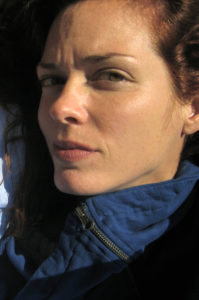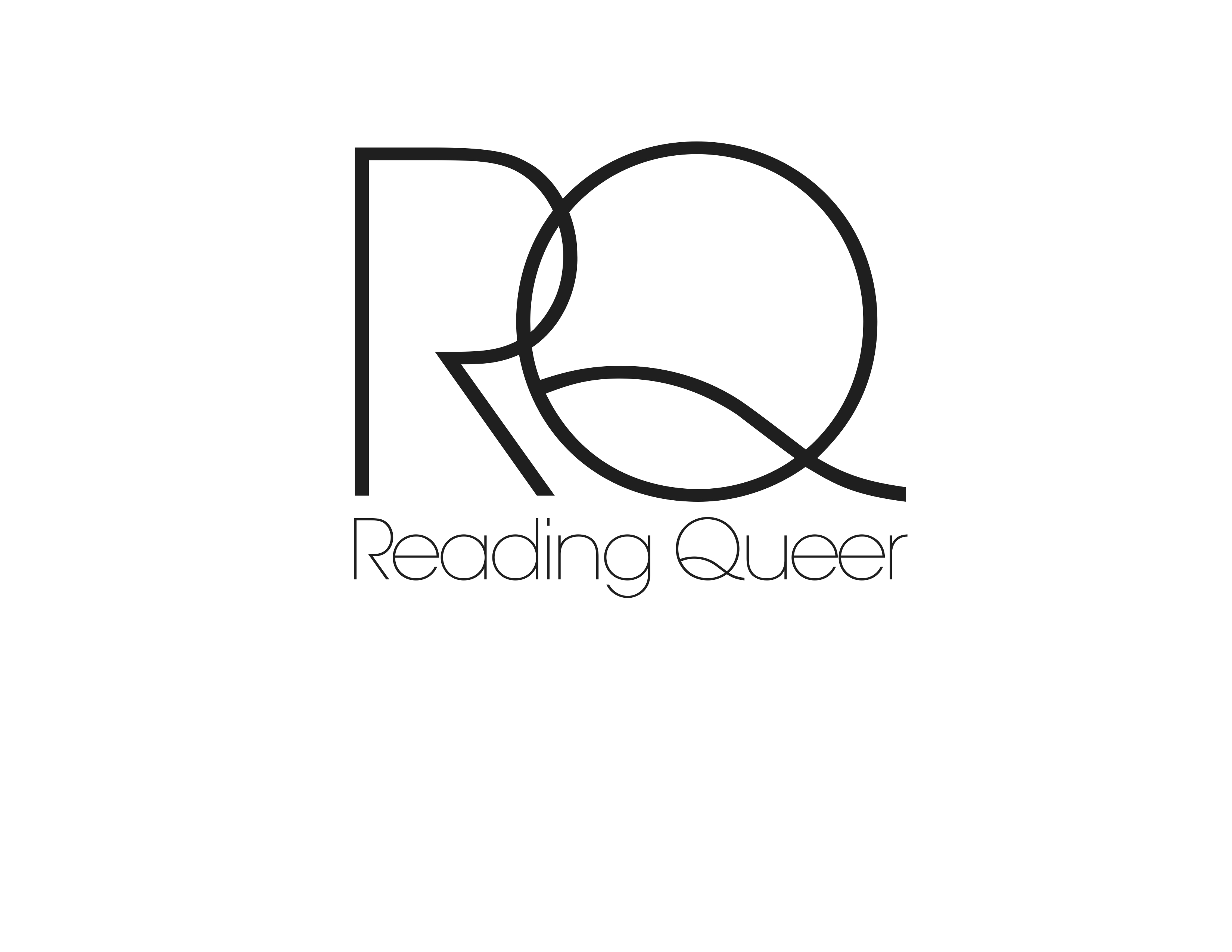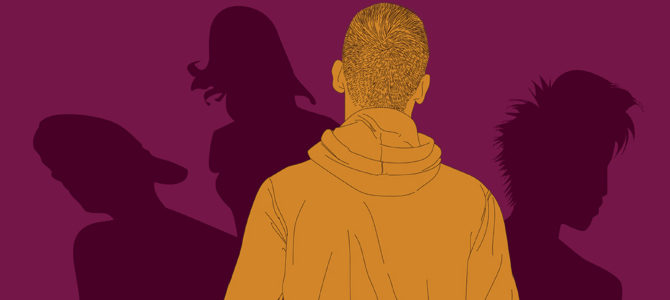T Cooper & Allison Glock-Cooper are best selling, award winning authors, journalists, parents to two evolving kids, and rescuers of six dogs. RQ is proud to announce them as featured authors for “3 YA Stories @ the 2018 Miami Book Fair panel, on Sunday, November 18th @ 1:00 PM, featuring Nic Stone, Maggie Thrash and hosted by David Levithan. RSVP here.
The Changers Series comes at a crucial time in a young adult reader’s life— when change both physically and mentally is scary. It teaches teens that it’s ok to be whatever you want to be at any point in time, but to also be aware and prepared for how culture is going to respond— because it’s not always a warm embrace.
Changers Book Four: Forever is the final installment of the four-part widely praised, poignant, socio-barrier crossing Changers Series. Readers have followed Ethan as he transformed from a teenage boy to Drew, a petite blonde girl, to Oryon, an African American skater boy, and then to Kim, an overweight Asian teen girl— all while tackling ideas of sexism, race, homophobia, and body shaming either from the closed-minded Abiders or the rest of their town. In this final chronicle, Ethan/Drew/Oryon/Kim faces the final physical transformation and learns about the price that comes with having everything you want— making them realize who they truly are and want to be.
RQ skyped with the authors to talk about their journey throughout the years of writing the series.
Parvati Santos: How did you both come up with the idea?
Allison Glock-Cooper: We came up with the idea in the park, actually. We were discussing our own daughters, and how they seem to mutate into different people fairly frequently. And we had this sort of lightning rod moment that it would be interesting to explore what if that were to happen in reality, where you actually did become a completely different person? And then we just carry that line of thinking further to consider if that were to happen, how does the world around you react to these new identities? That you wouldn’t have it?
PS: What was it like growing up in contrast to the current amount of YA Queer literature available?
A: I grew up in a very conservative Southern upbringing. So there was no clear anything anywhere in my sphere, sadly, and there were no reference points for anything like that. It was more about trying to find needles and haystacks. And obviously, the current conversation is much improved. Not perfect, but much improved.
T. Cooper: Yeah, I grew up kind of in a more progressive Southern California, Los Angeles Community. But even so, by no means was there a dialogue about queerness. There was the one gay kid that didn’t have the best time, you know, it’s still that era in like, the late 80s. And so when I think of literature that I was drawn to, yes, it was stories that were adult books about people of difference, or just unique souls going through the world.
PS: Do you remember the first story you read that impacted you as queer individuals?
A: As far as the first, to me was Flannery O’Connor. Stuff that really resonated with me was always Southern literature, that Gothic, messy, humorous, but also awful, you know— the pathos of that whole experience really resonated with me as a kid, and now.
T: It’s very hard to think about the one that…I just didn’t think of things as queer or not queer growing up.
A: That’s a relatively new luxury in some ways. Those conversations just weren’t happening at my public high school in the South. That doesn’t mean there were kids who had all the same concerns and identities that we do have now. It just means that there was no space for that. And there certainly wasn’t a conversation or language around that.
T: I published my first book that had a trans person in 2002, and there weren’t a lot of books out there for me to see that in. But I do always have to give credit and recognition to my forebears— someone like Leslie Feinberg, for Stone Butch Blues— because without those books none of us would be doing what we’re doing now.
PS: Did the current events at the time of writing the series affect its direction?
A: I think it was affected less by that and more by wanting to tell a story that represented our philosophy about life, and what we were seeing in our daughters at the time and now and their peers. We wanted to be able to write about identity in a way that was fresh and not “educational,” but was much more accessible to everyone because we firmly believe that everyone is transitioning through life all the time. And that takes all different forms. And as sort of this mythology that you’re born as one thing, and that’s the thing you are forever, it’s incredibly limiting to every single type of person, not just queer trans people.
PS: How did you find the voices for all the characters?
T: It’s the same [main] person, that’s what’s kind of so fun about it. It’s one person. Five characters. So while the character was living in those voices, they were literally in the story. They were evolving into their voice as well. And that happens because of how the world externally treated them, because of how they changed on the outside. And so it’s really a meditation on how much we are essentially who we are, but also how much who we essentially are changes how the world treats us, and then how that change of how the world treats us changes us. It’s like a cycle.
A: It’s always like a little bit of alchemy and magic that characters come to life for you. It was really more about who do we want in Ethan’s world? What point of views do we want to see in Ethan’s world? We did think it was important for there to be one love interest to carry through all four books, Audrey. To have her tested— have it not just be the sort of Trojan horse trans narrative through Ethan, but to also explore what happens to other kids as they’re evolving throughout their own iterations in high school. What that looks like, and how your friendship circle tests and challenges you and forces you to grow.
T: Even the adults are changing and morphing and growing and forced to grow when they’re confronted with this stuff…You just ground the characters and strive for authenticity, at every chance you have. Never have the characters be a mouthpiece or try to do more work than what they as a character should and should do.
PS: What was the process like writing in the point of view of multiple people of color?
A: Well, that’s our social circle, that’s been our whole life that way. The research is sort of built into our daily experience; who comes into our life on a daily basis.
T: As people in their 40s, we have lifetimes of research writing in a variety of voices. [Allison] wrote male characters and I’ve written female characters and male characters and trans characters. The experience of a white person being inside these different exteriors is something that with empathy with walking in the shoes of others— it’s a very rich area to explore…I just feel that that’s the whole series, walking in the shoes of others, and what would it be like to actually walk in the shoes of others? And how would that then affect you as a human going forward?
PS: What was the journey for you both writing the series? Did you come out changed?
A: One thing that’s been hopeful is when we take the book to schools, and we talk about it with all sorts of kids. To see them respond and feel so freed up by this idea, that the lot that they have in life is not the final situation necessarily. It seems like a simple thing, but it isn’t. It’s very easy to believe that wherever you’re born, or however you’re treated, or whatever slot you’re handed in life that’s it— especially when you’re like 12 or 13. So if I’ve been changed at all, it’s been in being able to see this next generation have swelling optimism around all the good things I hope will come, and dismantle all the chaos and cynicism that is occurring now.
T: I feel very similar. It’s very exciting to feel like what the world tells you you are is not what you are, or have to be. And that’s on every level. That’s not just about identity. That’s everything. So if the world is telling you one thing, and you insist another, it’s just nice to feel like you might be right, and they all might be wrong.
PS: What would you say to the Abiders of the world, and to the world about the Abiders?
A: Well, I wish they weren’t actually running our government…But that’s the way it is with power shifts, and no one gives up power willingly. And so that’s what’s gonna happen. There’ll be a period of ugliness, and then hopefully, at the other side, things will be made better.
T: Yeah, like a pendulum swing. That’s obviously our hope…Also folks not being so afraid of change and difference. Change is the most natural thing in the world. We change from the minute we’re born, and all the way until the minute we close our eyes and leave. There’s constant human change…And we actually can be a million things in a single life. You can be a different thing every day. And that’s good. That’s okay. And doesn’t need to be threatening to those who feel otherwise.
PS: So a young adult reader puts the final book down, what do you want them to leave with?
A: We would like it to be satisfying for them and to have had a good time reading them. And the initial feedback with the final installation has been just that. People seem really, really pleased with the final identity choice and how that all evolved. It’s a love story. At the end of the day, it’s a love story. And so, hopefully, that comes through.
T: And that there’s a full cycle of a life, and hope for the future of that life. And belief in possibility that you can find love and be loved, despite change. And despite what or whoever you are. That’s the message. Also the overarching message of empathy— if we did all literally walk in the shoes of others, this world would be a very different place.

 Learn more about Allison Glock-Cooper here. Learn more about T. Cooper here.
Learn more about Allison Glock-Cooper here. Learn more about T. Cooper here.
RSVP to meet T. Cooper and Allison Glock-Cooper at the RQ presentation “3 YA Stories” at the 2018 Miami Book Fair, on Sunday, November 18th @ 1:00 PM. T Cooper’s latest project Man Made— a film about FitCon, the only bodybuilding competition exclusively for trans men— will be showing at the OUTshine Film Festival in Fort Lauderdale, FL, on October 21st @ 2:45 PM.



